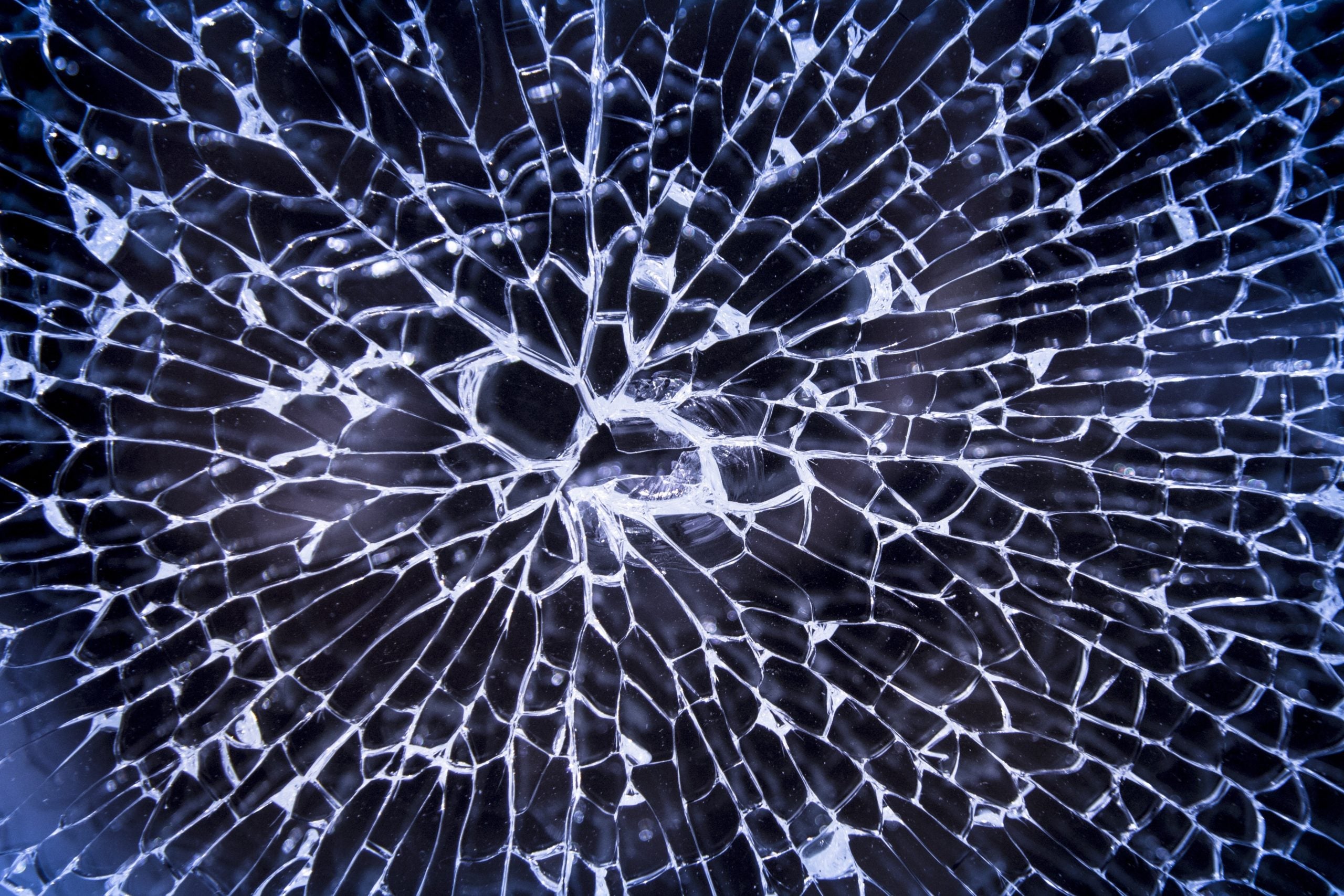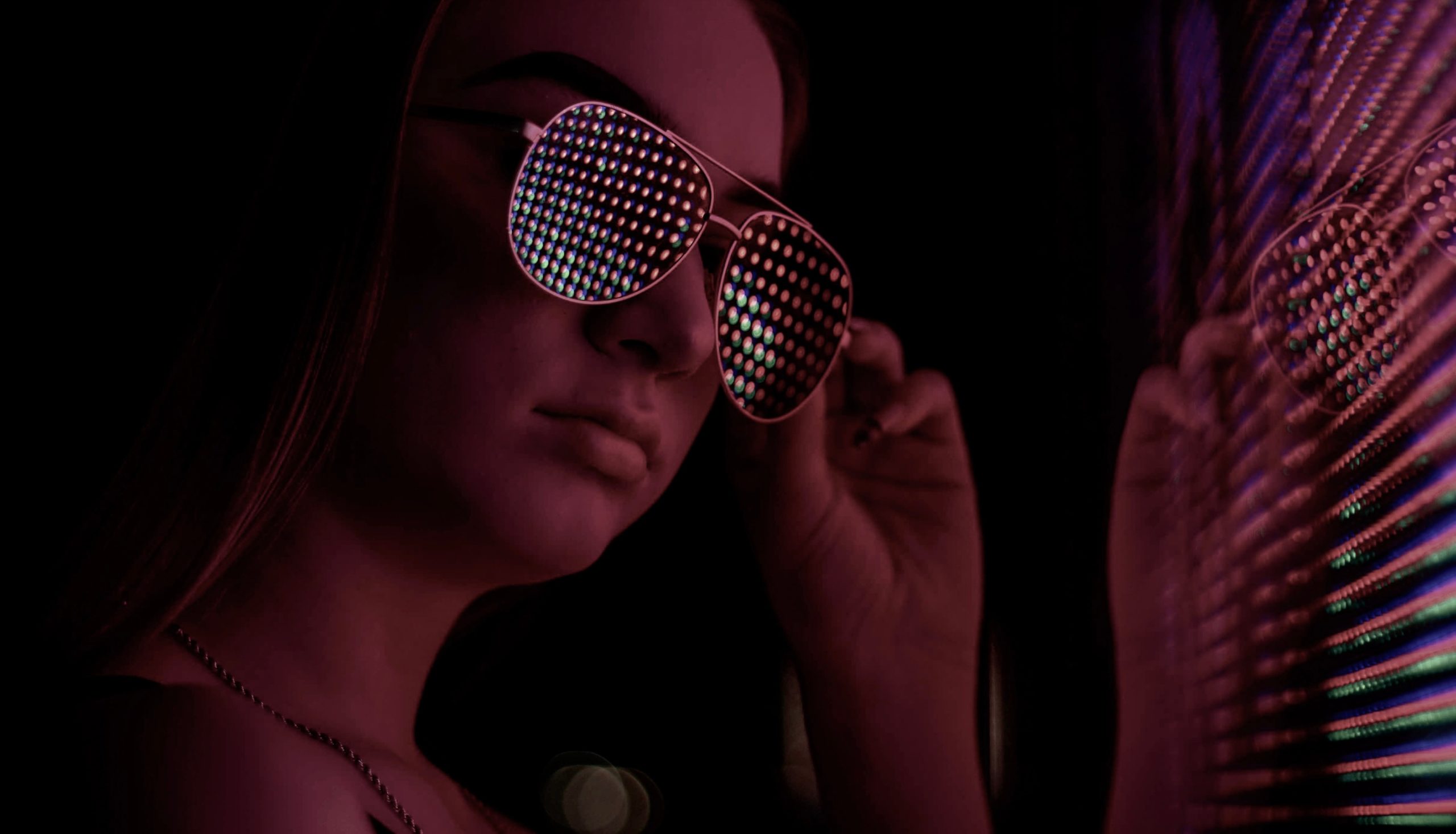Light bugs you.
We’ve all been there. Bright lights, flashing lights, even illness can cause light to be bothersome. But this goes beyond “bothersome.”
Way beyond.
It really bugs you to the point that your eyes water and you can’t keep them open. It hurts. Even though everyone around you is acting like nothing is wrong, you are desperately trying to cover your eyes to block out the painful light.
When you walk outside it feels as if the sun is bearing down on you, boring into your skull with its tendrils of piercing light.
Glare from light reflecting off of certain surfaces like white cars, silver buildings, and mirrors or windows will send you scurrying back to the darkened comfort of the indoors.
And yet even indoors light can launch an assault.

Light sensitivity or “photophobia” cause reactions like pain, squinting, continual blinking, excessive tearing and even headache and nausea. For most, it’s very painful and uncomfortable. It can occur in varying circumstances or in response to exposure to certain types of light.
It can get worse as you age, when you are tired, or when you are stressed out. You can have it indoors, outdoors, or both. Light sensitivity can be a minor annoyance, or it can stop you in your tracks. Many people learn coping strategies that allow them to function. Some are never able to find something that works.
So, what does it mean when light hurts? We have some answers.

Eyes Sensitive to Light? One of These May Be the Culprit
Light sensitivity is not a condition of the eye, rather it’s a symptom of one. Eyes that are inflamed or infected can become sensitive to light. If you stay in a dark room and walk into a lit area you may experience temporary light sensitivity.
Reasons why your eyes may be light sensitive or in pain:
- Dry Eye – This happens when your eyes do not produce adequate tears for lubrication. This can be a very uncomfortable condition and light sensitivity is often a significant symptom.
- Eye Fatigue – Your eyes are just like other parts of your body; if you use them too much, they become tired. Straining to see when reading and working on a computer or digital device for a long time are two common causes of eye fatigue. It can cause eyes to itch, hurt, and be sensitive to light.
- Preeclampsia – A complication of pregnancy, this potentially life threatening condition causes dangerously high blood pressure which can affect and injure the organs. Sometimes the retina becomes damaged as a result of the hypertension (elevated blood pressure) and this can cause light sensitivity along with other serious symptoms.
- Concussion – This is a form of traumatic brain injury that is typically the result of a blow to the head. Though the effects are usually temporary, they may not be noticed right away. Light sensitivity may be one of those symptoms that suddenly appear but typically is not a long term problem.
- Allergies – When you come into contact with an allergen it can wreak havoc with your eyes. Dust mites, pollen, animal dander, and mold are very common allergens that can cause your eyes to water, itch, burn, and be very sensitive to light.
- Keratoconus – Normal corneas are typically round, but people with this condition have corneas that are cone shaped. This can cause a host of eye problems, including vision distortion and light sensitivity.
- Keratitis – This is a broad term to describe an inflammation of the cornea. It can be caused by bacteria, a virus, or for wearing your contacts for too long. Whatever the cause, light sensitivity is often a primary symptom.
- Sensory Processing Disorder – SPD is a neurological condition in which the brain is not able to process certain stimuli. It is not a recognized medical diagnosis on its own; it often accompanies autism, Asperger’s Syndrome, Downs Syndrome, and other conditions. When the brain is not able to effectively receive and respond to the information from the senses like touch, sight, or hearing, it can cause discomfort. In the case of visual SPD, light sensitivity is a very common symptom.
- Uveitis – This is a broad term that describes several diseases of the eye that cause severe inflammation. They can destroy the eye tissue. Uveitis can be cause by multiple sclerosis, psoriasis, and other health conditions, but it can also be caused by an eye infection. Vision can be affected, and it may cause pain and redness as well as light sensitivity.
- Corneal abrasion – Simply put, a corneal abrasion is a scratch or cut on the eye. Foreign objects that get in your eye, even tiny specks like sand or dirt, can cause a painful abrasion. The eye is usually very sensitive to light, but other symptoms may include blurred vision, redness, headache, tearing, and the sensation that something is in your eye.
- Migraine – Migraine is not just a headache, it is a neurological condition that is marked by severe head pain, nausea, vomiting, vision disturbances, and light sensitivity.
There are many reasons you may be sensitive to light. If it comes on suddenly or if you have other symptoms you should see a doctor. It could mean that you have a more serious health condition like meningitis, mercury poisoning, or botulism, all of which would typically be accompanied by other symptoms.

Are Blue Eyes Really More Sensitive to Light?
There is a bit of a debate within the medical community regarding whether eye color affects a person’s light sensitivity. One camp says that people with lighter colored eyes, like blue, tend to be more sensitive to light while their darker eyed counterparts don’t struggle with it as much.
The other camp asserts that eye color has nothing to do with light sensitivity, often citing the potential for other conditions or contributing factors. There are strong arguments on both sides, so it doesn’t look like it will be resolved any time soon.
What color are your eyes? Are you sensitive to light?

Eyes sensitive to light? When to see a doctor.
Usually light sensitivity is an irritation or an annoyance. The light bothers you, so you put on some sunglasses or photophobia glasses and all is well. However, sometimes it can be a sign that something else is going on or indicate a more serious condition. It is important to know when you should call the doctor for your light sensitivity.
Call your doctor immediately or go to the nearest emergency room if:
- Your light sensitivity is moderate or severe
- Even dim lighting conditions cause discomfort
- You have hit your head or lost consciousness
- Your light sensitivity is accompanied by a stiff neck, headache, and nausea (and it isn’t a migraine)
- You have an abrasion on your eye’s surface
Don’t take chances. You want to protect your vision and stay healthy. If your light sensitivity is accompanied by any other symptoms that you find disturbing, don’t wait to see if it goes away or gets worse. Call your doctor right away. Trust your instincts.
What to Do if You Have Light Sensitivity
There are ways to get some relief from light sensitivity. Light filtering lenses that are specifically designed for blocking certain types of light that are known to cause sensitivity to light can help tremendously. You should also look at what is causing the problem. For instance, if you have dry eyes you can get drops and treat that in addition to treating the light sensitivity issue.
A hat or cap with a brim can provide some shade from the light when you are outdoors. Inside, you should avoid fluorescent lights if possible. If you use a computer, control the brightness and dim it as needed. Use incandescent light bulbs when possible. They provide softer, more natural light so they should be easier on the eyes.
If light sensitivity is a problem for you, Axon Optics has solutions. Our line of migraine and light sensitivity glasses are specially tinted to significantly reduce glare, bringing you fast relief. We have several stylish frames for men, women, and kids and tinting for indoors as well as out. Visit our website today and find the light sensitivity glasses that are right for you.








